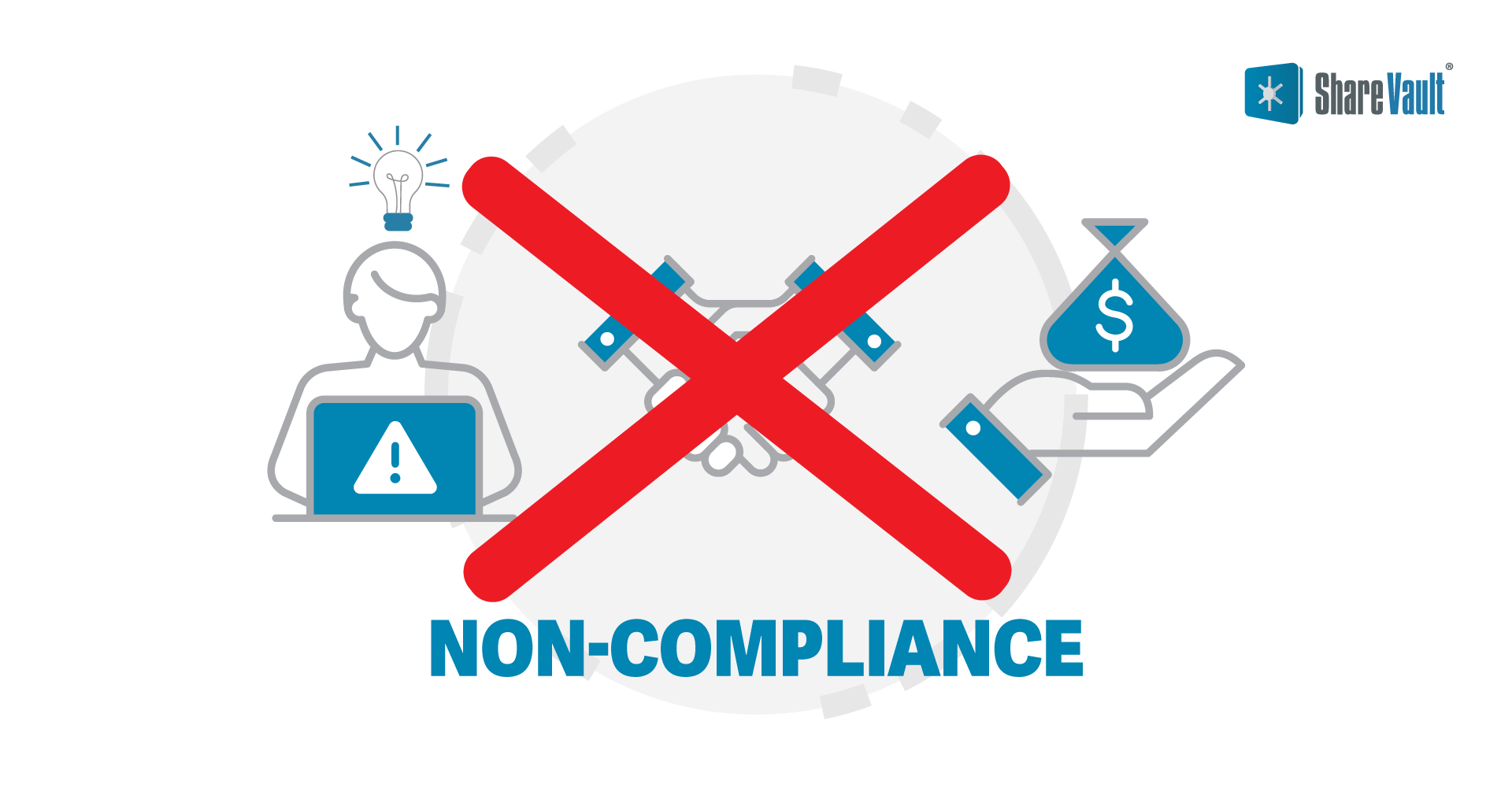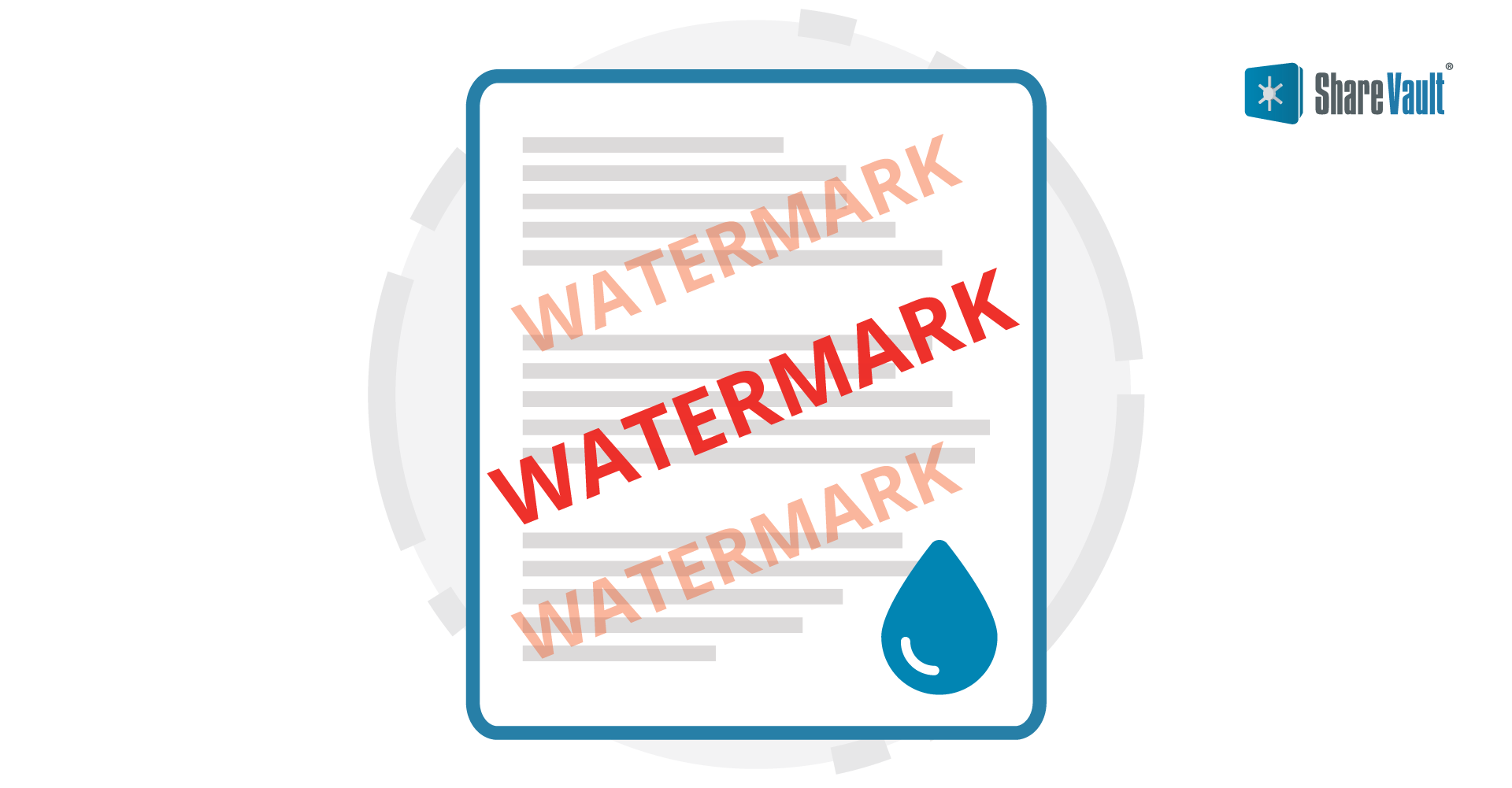In the fast-paced world of biotechnology, data is the lifeblood that fuels research, innovation, and the development of groundbreaking treatments. The sheer volume and sensitivity of data handled within the biotech industry make it a prime target for cybercriminals.
The consequences of data breaches in this sector can be severe, ranging from financial losses and reputational damage to compromised intellectual property. To combat these risks, biotech companies are turning to Virtual Data Room (VDR) software as a secure solution to protect their critical information.
The High Cost of Data Breaches in Biotech
The impact of a data breach in the biotech industry extends far beyond immediate financial losses. The sensitive nature of data handled by biotech companies makes them vulnerable to targeted attacks aiming to steal valuable research, patient data, proprietary formulas, and clinical trial results. The costs associated with data breaches can be grouped into several categories:
Financial Losses: Data breaches can lead to significant financial losses due to the theft of intellectual property, research data, and potential lawsuits from affected parties. According to IBM’s 2023 Cost of a Data Breach Report, the global average cost of a data breach in 2023 was $4.45M, a 15% increase over 3 years.
Regulatory Penalties: Biotech companies dealing with personal health information are subject to stringent data protection regulations. Non-compliance resulting from a breach can lead to hefty fines and legal consequences.

Reputational Damage: A data breach can severely impact a company's reputation, leading to loss of trust among investors, partners, and customers. Rebuilding this trust is a challenging and time-consuming process.
Intellectual Property Theft: The theft of proprietary research and patented formulas can put years of expensive research and development at risk, allowing competitors to gain an unfair advantage.
Delayed Research and Development: Breaches may lead to a temporary halt in research activities, causing delays in drug development and product launches, ultimately impacting revenue and market position.
Virtual Data Room Software: A Secure Solution for Biotech Companies
Virtual Data Rooms (VDRs) offer an effective way for biotech companies to secure their sensitive information and collaborate safely with partners, investors, and regulatory agencies. Here's how VDR software can help mitigate the risk of data breaches in the biotech industry:
Enhanced Security: VDRs provide a secure online environment for storing and sharing confidential documents. VDRs employ advanced encryption, multi-factor authentication, and other security features to protect against unauthorized access.
Controlled Access: Biotech companies can grant specific permissions to individuals, limiting access to only those who require it for their roles. This reduces the risk of internal data breaches and accidental leaks.
Monitoring and Auditing: VDR software allows administrators to track user activity, monitor document access, and conduct audits. This enables early detection of suspicious behavior and helps ensure compliance with data protection regulations.
A state-of-the-art virtual data room like ShareVault tracks more than 70 different types of user activities, so you get the most precise audit trail and have complete accountability for everything that happened.
ShareVault’s detailed Activity List provides a comprehensive audit trail which includes every user login, agreement clickthrough, video watched or document viewed, printed or downloaded, with comprehensive specificity. You can trace the chronology of activities by user and gain insights into their interest level and what they care about.
This same level of detail is applied to all administrative activities as well, to give you everything you need to backtrack security and configuration changes and effortlessly respond to any audit. A ShareVault data room logs everything from new permission settings to the most trivial action like changing a watermark color so you can rest assured that ShareVault is the most auditable data room on the market.
Dynamic Watermarking: A Virtual Data Room allows administrators to add watermarks to sensitive documents, making them traceable if leaked.

Based on the security policy that the administrator defines, many VDRs automatically apply customized, dynamic watermarks to each page of protected documents and spreadsheets, as well as to protected videos. Watermarks are clearly visible, applied diagonally across the page or screen, yet do not interfere with the readability of the underlying text. The watermark text is customizable, and can contain dynamic information such as:
- User's email address
- User's IP address
- Current date
- Current time
Some VDRs include a powerful anti-tampering security countermeasure: If a user attempts to remove or modify the watermarking using browser developer tools, the user will be warned on the first attempt and then kicked-out of the VDR on the second attempt.
Watermarking provides a clear indication to the reader that the content is confidential, and since the user identity can be included in the watermark, it allows for a simple but effective deterrent against distribution of the printed documents to unauthorized readers.
Configurable Expiration: Some VDR platforms have policies that can be configured to expire file permissions either on an absolute date or after a relative delay (number of days) from the date / time the files were uploaded. After expiration, the corresponding users will no longer be able to access files to which the policy has been assigned. The optional notification setting, when enabled, sends an email alert to administrators upon expiration.
The expiration feature allows administrators to automatically enforce deadlines associated with their business processes. Using this feature in combination with Information Rights Management (IRM) means even documents that have already been downloaded cannot be opened after expiration.
Secure Collaboration: VDRs facilitate secure collaboration between internal teams and external stakeholders without the need for physical meetings. This minimizes the risk of information being compromised during transit.
Disaster Recovery: Virtual Data Room software typically includes robust data backup and disaster recovery mechanisms, ensuring data can be recovered in the event of any unforeseen incidents.
Conclusion
As biotech companies face the ever-increasing threat of data breaches, protecting sensitive information is of paramount importance. The high cost of data breaches in this industry goes beyond financial implications, encompassing damaged reputations and compromised research efforts.
Virtual Data Room software provides a secure and efficient solution for biotech companies to safeguard their critical data and maintain the trust of stakeholders. By leveraging the advanced security features of VDR software, biotech firms can focus on driving innovation while ensuring the utmost protection of their invaluable intellectual property and research data.
